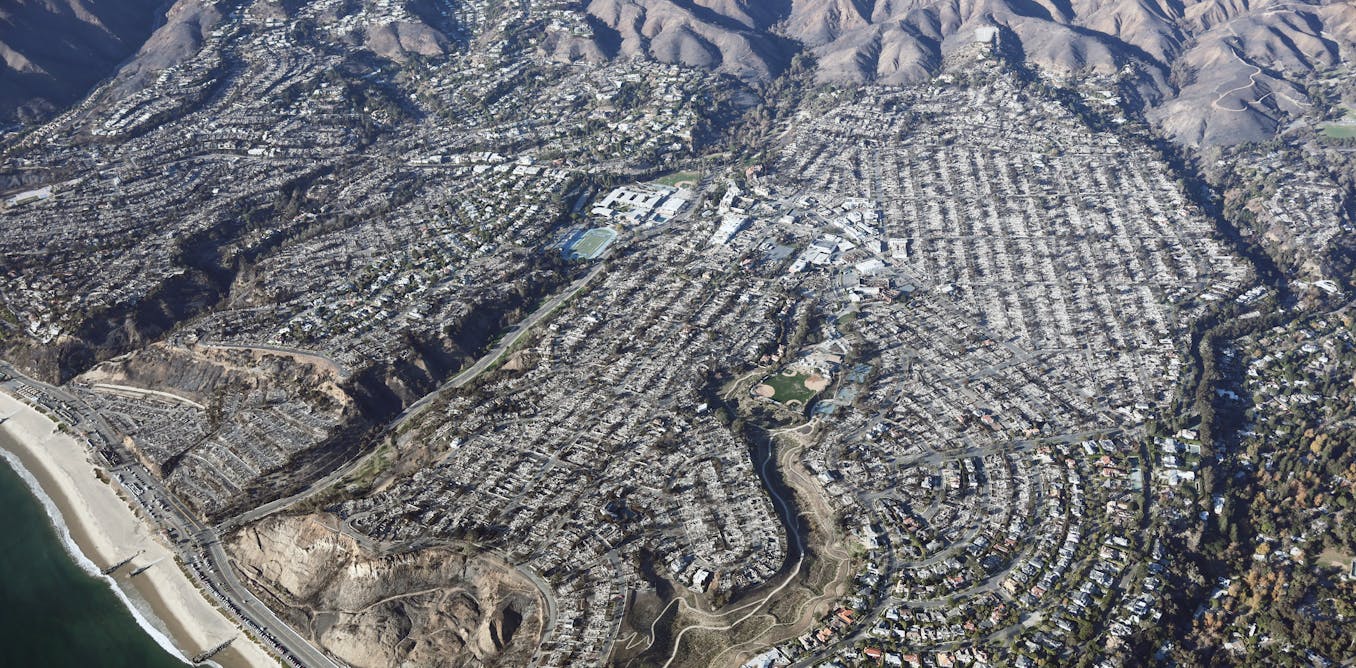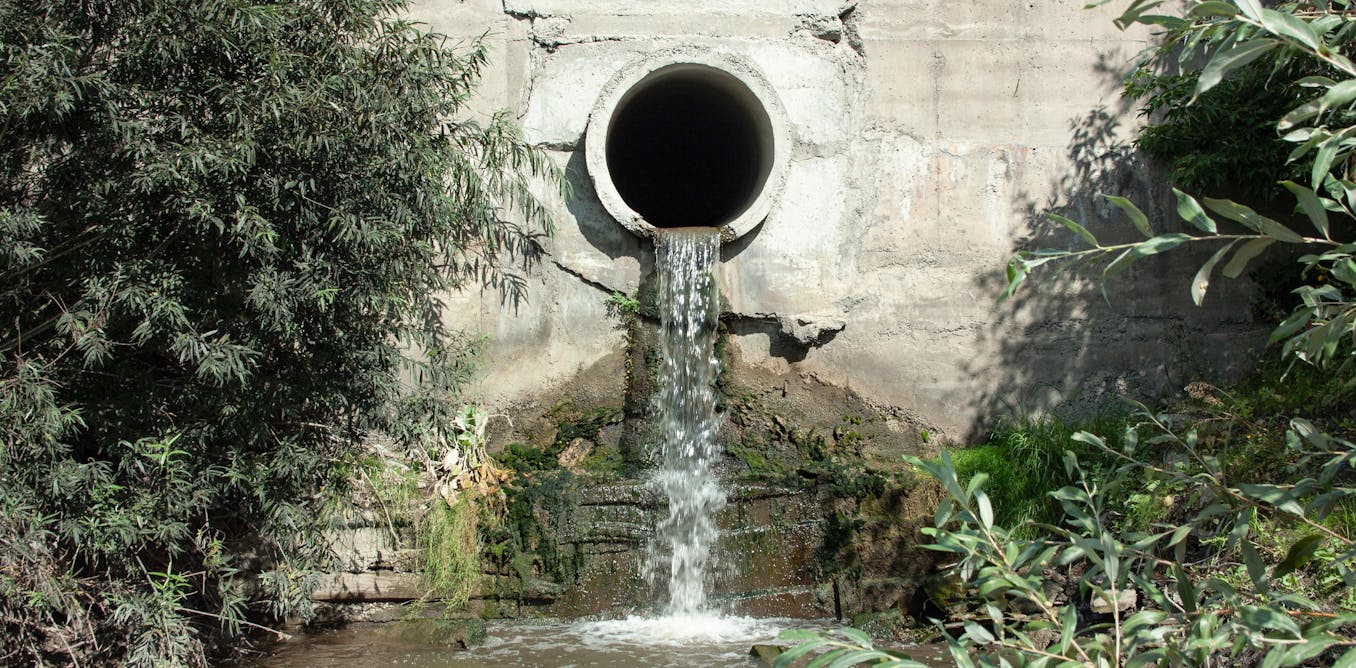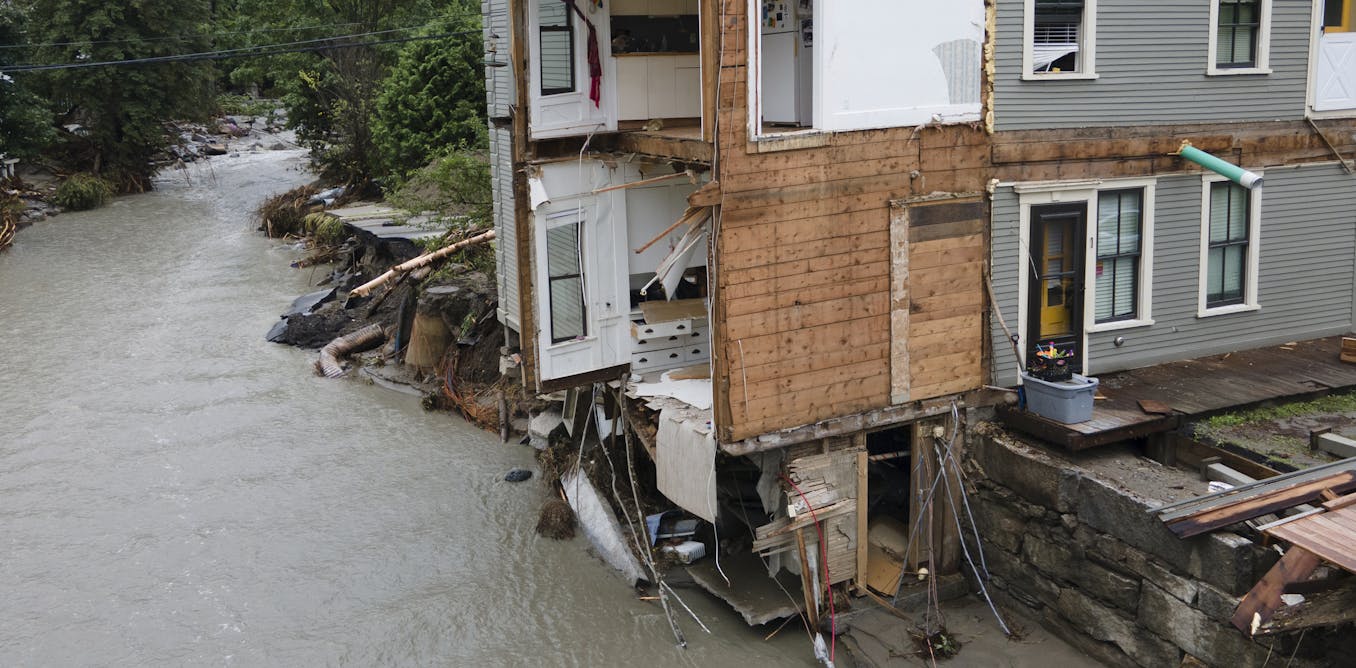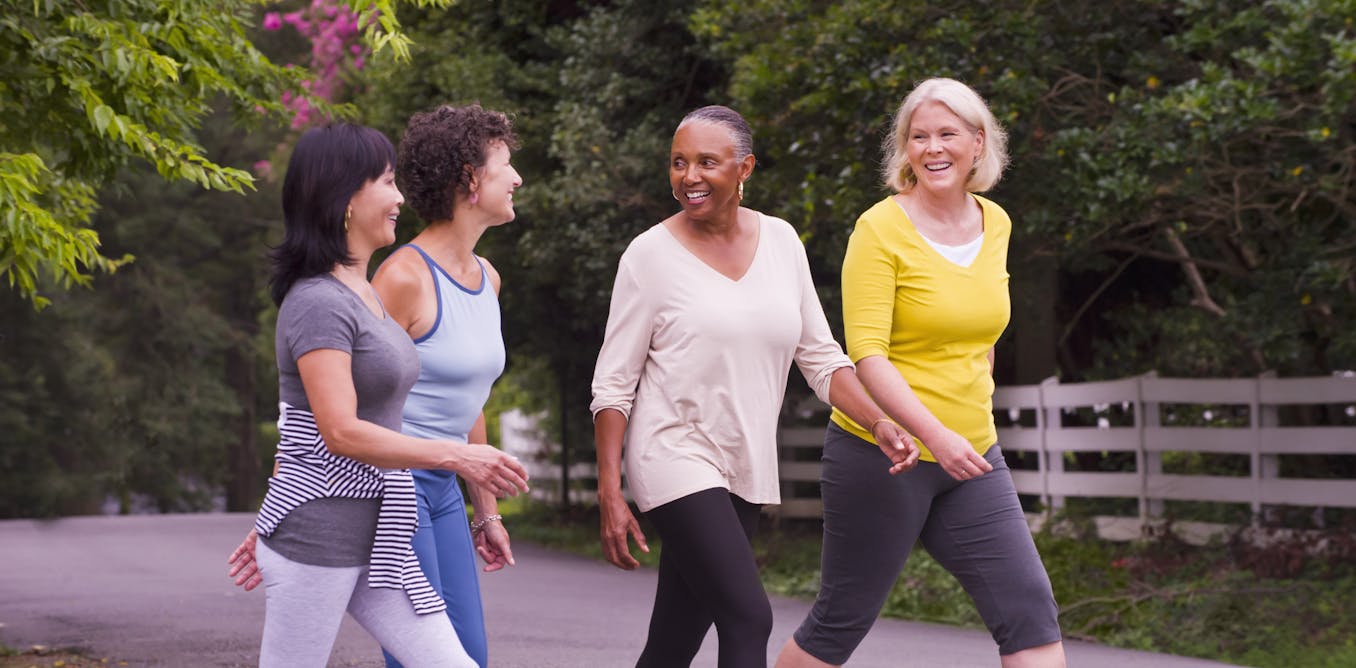How America courted increasingly destructive wildfires − and what that means for protecting homes today
In many parts of the US, Americans must learn to live with fire. That means careful decisions on where homes are built and what’s around them, and allowing more low-risk fires to burn.
Jan. 16, 2025 • ~11 min










